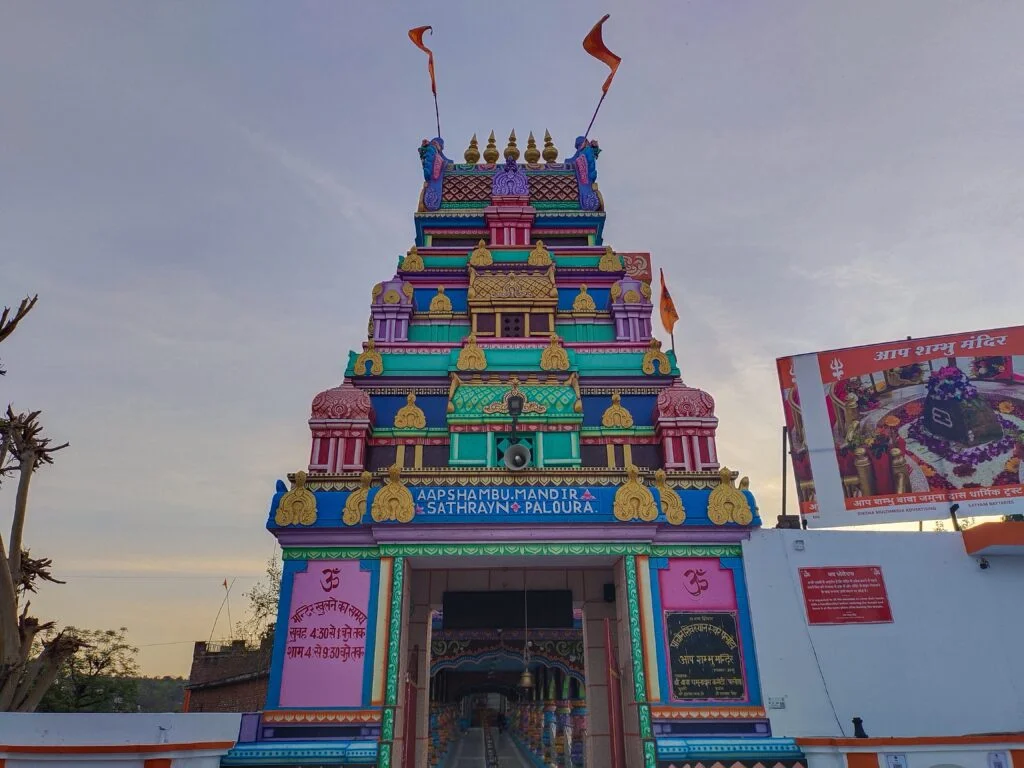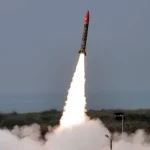A missile launched from Pakistan struck near the Aap Shambhu Temple in Jammu early Saturday morning, escalating concerns that religious sites are becoming targets in the deepening conflict between India and Pakistan. The incident comes amid an ongoing military confrontation that began intensifying on May 8, with both nations engaging in cross-border strikes involving drones, artillery, and ballistic missiles.
The missile landed within close range of the temple in the Roop Nagar area, a site of significant religious importance for local Hindu communities. While no casualties were reported, the psychological impact and potential for communal unrest have sparked nationwide concern. Indian authorities have strongly condemned the strike, calling it a “grave provocation” and warning of the dangerous implications of targeting civilian and religious infrastructure.
Indian air defense systems successfully intercepted other incoming missiles aimed at sensitive locations including Satwari, RS Pura, Arnia, and Samba. According to Indian military sources, advanced interception technologies helped prevent greater destruction, but the sheer scale and spread of the strikes indicate a deliberate attempt to disrupt civilian life and escalate the conflict beyond military zones.
This missile strike follows a chain of retaliatory actions that began after Indian air strikes targeted military installations and suspected terrorist camps in Pakistan and Pakistan-occupied Kashmir (PoK). Those operations were conducted in response to an April 22 attack in Pahalgam, Jammu & Kashmir, which killed 26 civilians, mostly tourists. Pakistan has denied harboring terror groups, instead accusing India of unjustified aggression and civilian targeting.
The broader confrontation has already resulted in over 40 confirmed deaths, including both civilian and military personnel, on both sides. The use of missiles near religious landmarks, however, represents a potentially dangerous shift in the conflict’s character, with Indian officials warning of attempts to inflame communal divisions and destabilize internal security.
The international community, including voices from the United Nations, the European Union, and the Gulf Cooperation Council, has expressed grave concern over the escalation and called for immediate restraint. However, with both countries maintaining high alert status and nationalist rhetoric gaining ground, the potential for further military and symbolic strikes remains high.
Security has been tightened in and around Jammu, with local authorities urging residents to remain indoors and avoid large gatherings. Religious institutions across northern India have been placed under enhanced surveillance amid fears of further attacks.
As the crisis deepens, diplomatic avenues appear increasingly strained. Global stakeholders continue to call for a return to dialogue, but with military operations intensifying and targets expanding, fears of a prolonged and more devastating conflict are mounting.













